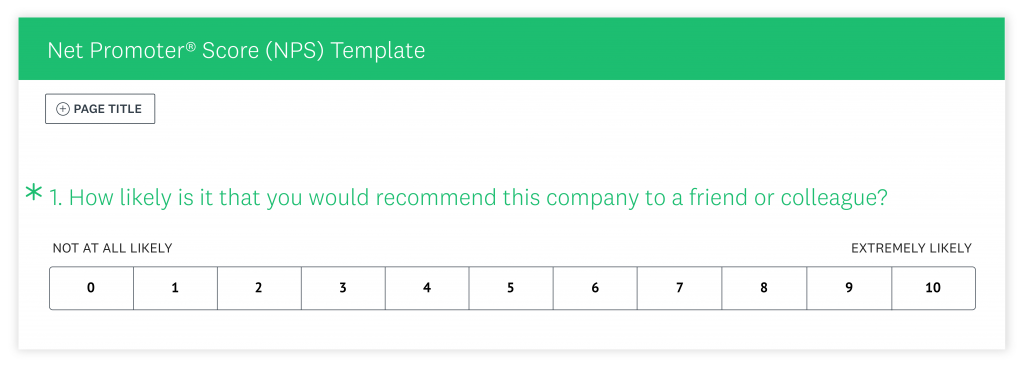Customer evaluations play a significant role in how a business is perceived by its customers. This client feedback is crucial since it may aid and improve the product or service the company offers, the business online reputation, as well as assist and inform other customers in their decision-making.
Various strategies, definitions, and benchmarking are all described by a variety of terminology used in marketing. Therefore, it is essential to understand these terms and what they represent, especially if you work in marketing. It’s important to recognize how customer reviews relate to the NPS when it comes to review monitoring.
What is NPS?
Customer satisfaction is measured using a benchmarking method called the Net Promoter Score (NPS). Keeping a high NPS can help you build your business, get more positive feedback, and improve your online reputation. The NPS is a useful measure since it enables you and your company to learn what your customers appreciate or find lacking in your goods or services. The NPS is also a traditional marketing strategy that creates word of mouth feedback and attracts more customers while spending less on inbound marketing.
The NPS is an excellent tool for evaluating customer satisfaction about your company. To get the most of it, though, you also need a clear knowledge and approach. If your consumers don’t talk about your company, a high NPS is not enough. That word-of-mouth marketing tactic won’t spread on its own.

If you’ve never heard of or seen an NPS survey, the illustration above should be quite self-explanatory. You’ll be asked to rate the product or service on a scale of 0 to 10, with 0 being the least likely and 10 being the most likely, when you receive one of these surveys. Additionally, based on your response, it will fall into one of the three categories listed below:

As a result, the response you give will have a significant impact on the overall NPS for the business and its online reputation. There are several techniques from here to transform these comments into marketing materials for the business. When consumers complete surveys, you can email them to make them go public, or you can ask them to post their comments on websites like Capterra, Tripadvisor or G2.
What are customer reviews?
Customer review is a term that accurately explains what it is. A customer review is a comment or a piece of feedback made by a customer expressing their opinion of your business. This could either be a brief sentence or a lengthy statement that describes a particular element or quality of the good or service. The experiences your company has to provide should be reflected in these customer reviews.
The majority of these customer reviews are available to the public and can offer useful details about the good or service. Numerous websites, including Google, Facebook, Capterra, Amazon, and others, provide customer reviews. Actually, 95% of internet shoppers read these reviews before making their desired purchase.
Similar to the NPS, where you can motivate customers to complete surveys, you may encourage customers to write reviews. We have a great blog article written on this topic. The blog provides innovative suggestions on how to interact with customers who are leaving reviews as well as the most popular review websites. Find it here.
So what does the NPS and customer review have in common?
They both measure consumer satisfaction, but they differ from one another in terms of how they are presented. Customer reviews are viewed by the general public, but the NPS is determined using a formula. However, there is a strong link between both since one can open the door to the other. Once the customer completed the survey, you can politely ask them to submit a review on your company’s website or the platform where you’re selling the goods or service. As more satisfied consumers are endorsing your company, the score tends to be greater. Finally, a high NPS can motivate clients to post reviews.
The greatest moment to start working on improving customer happiness is right now, especially when it comes to tying the NPS, customer reviews, and client recruitment together. Any industry has its own oversaturated marketplaces, so how are you going to differentiate yourself when there are so many competitors offering maybe identical or better goods or services?
